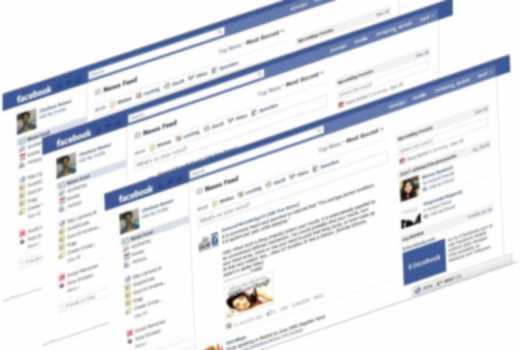×
The Standard e-Paper
Kenya’s Boldest Voice

?Facebook says it deleted or added warnings to about 29 million posts that broke its rules on hate speech, graphic violence, terrorism and sex, over the first three months of the year.
It is the first time that the firm has published figures detailing the scale of efforts to enforce its rules.